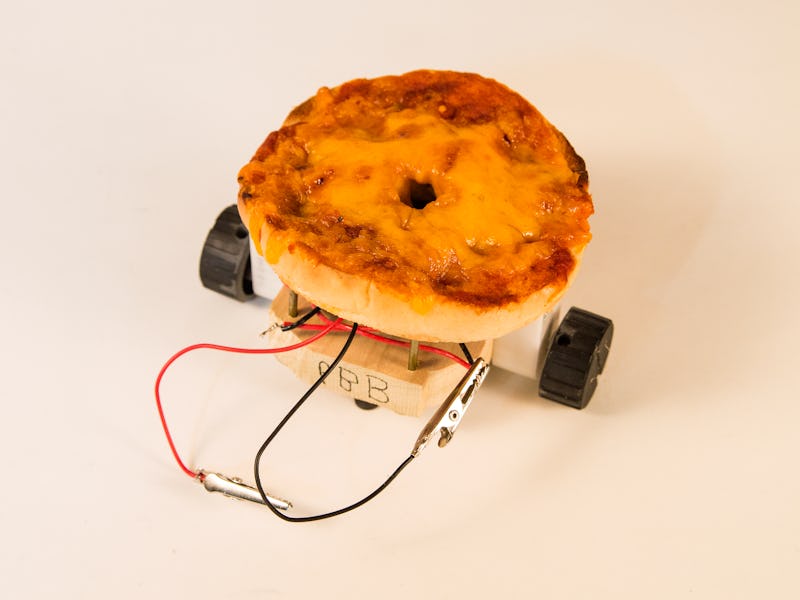For the last year, NatureSweet Farms has been testing a new monitoring system at one of its tomato farms in Arizona. The ten-camera system employs an artificial intelligence algorithm to tell human farmers when the crops are in danger from pests or disease.
Adrian Almeida, the company’s chief innovation officer, told CNN’s Future Tense that the system has already improved harvests by four percent. He expects that number could reach 20 percent once the system is in full swing.
In the past, many at-risk crops would die or spread infection before they were detected. Farmers would have to patrol the area and eyeball the crops for signs of trouble, a task most could only do once a week. Now A.I. can provide constant monitoring and alert people at the first sign of trouble, meaning more food makes it from the greenhouse to the market.
A passing farmer might have missed the one leaf infected with a deadly pathogen, but Prospera's AI can spot it.
The technology is not a cure-all for food shortages, especially when so much food that’s already available goes to waste. And, as is often the case automation means fewer jobs: Almeida estimates NatureSweet reduced its need for new hires by about four percent because of the monitoring system.
According to Future Tense, the company intends to expanding its monitoring to other crops like potatoes and peppers, especially those that aren’t grown inside a greenhouse.
